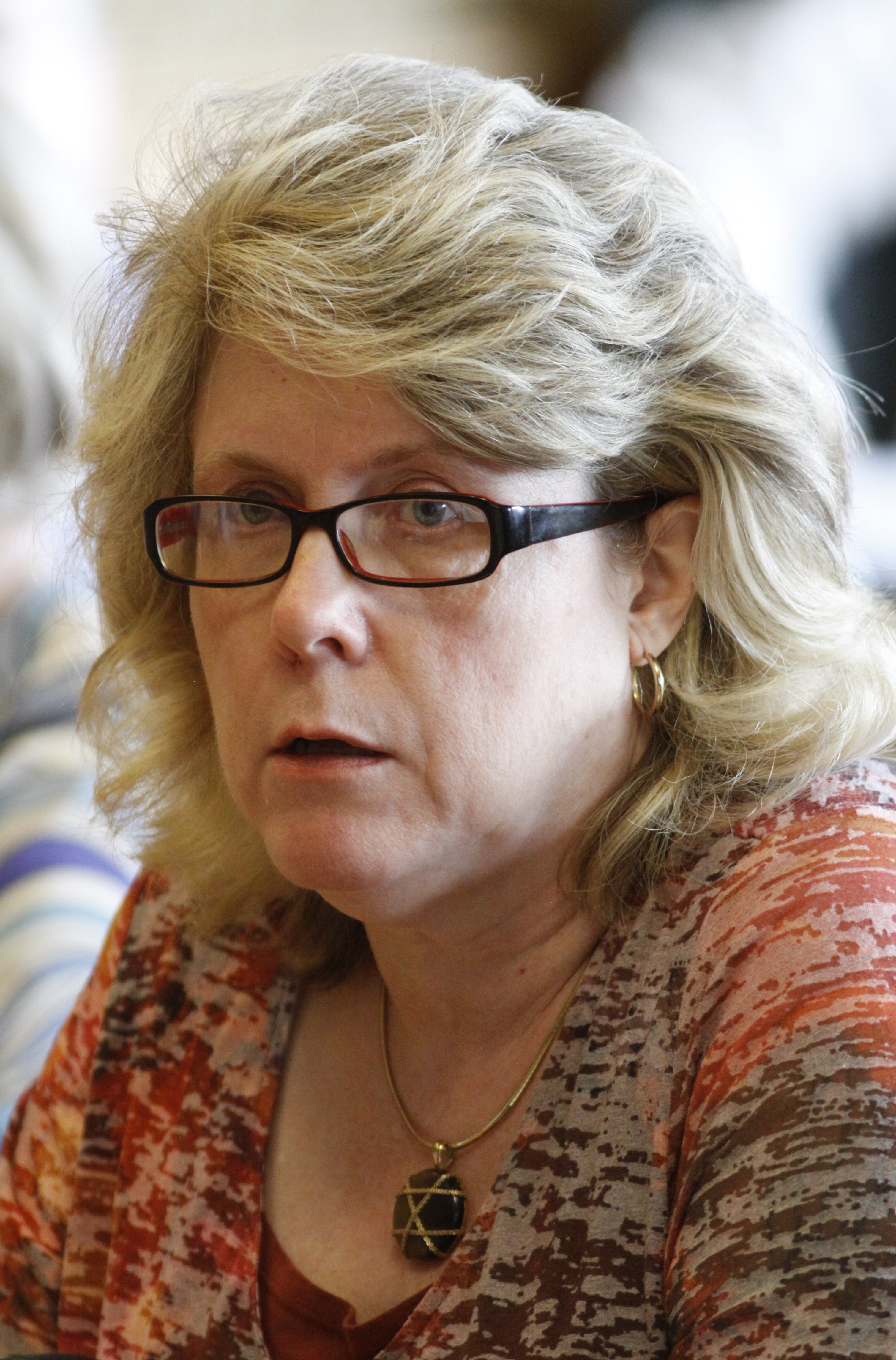Two Chattanooga medical practices merged with regional and national companies last month -- moves that exemplify a growing national trend toward medical consolidation.
Anesthesiologists Associated P.C. joined MEDNAX, a national medical group that provides neonatal, maternal-fetal, pediatric and anesthesia services, and Chattanooga Oncology & Hematology merged with Tennessee Oncology, which operates 30 cancer care sites across Middle Tennessee.
Jeff Patten, CEO of Tennessee Oncology, said consolidation is a good way for smaller practices to pool resources and navigate a rapidly changing medical environment.
"They had an opportunity to either go on a national search and try to hire an oncology manager, or merge with us and use the expertise that we already have," he said about Chattanooga Oncology & Hematology. "We've developed expertise in how to run a practice that is valuable to them and helps them get by with limited resources."
It's a move that's being echoed across the United States by an increasing number of physician practices, said Rae Bond, executive director of the Chattanooga-Hamilton County Medical Society.
"It is a growing trend nationally, in part, because the complexity of practicing medicine has been increasing," she said.
Recent changes in the way the government reimburses physicians, new guidelines set by the Affordable Care Act and the rising cost of care are pushing independent practices to band together, she said.
Thomas A. Cook, president of Chattanooga-based Galen Medical Group, said the move away from independent practices is primarily driven by necessity.
"Most physicians would probably inherently prefer to be independent -- that way they get to practice where they choose, how they choose, set up their offices the way they choose -- but legislative and economic factors are going to push them in directions that they have to pay attention to, or their ability to practice may begin to suffer," he said.
Patten said a 2004 change in the way the government reimburses oncologists pushed practices to do more with less, and some chose to consolidate in order to survive.
"We had to either consolidate with other providers or join health systems," he said. "And we've chosen to consolidate our practices into one."
Consolidation in the medical market has been going on -- in varying degrees -- for at least 25 years, Cook said.
"[Consolidation] is always a process and an evolution," he said. "It just depends on circumstances as to whether physicians are more or less motivated. Right now, unfortunately, the federal government has put some things in place that's going to make it very difficult for certain specialties to practice independently anymore."
The government reimburses a hospital at a much higher rate for an outpatient cardiology test than it reimburses an independent cardiologist, he explained as an example.
While consolidation among doctors isn't a new phenomenon, it has started to become more common, Bond said.
"The trend may be accelerating a bit," she said. "I think a lot of folks were on hold to make decisions until the Supreme Court ruled on the Affordable Care Act. And now that that's moving forward, some may go ahead and decide to merge and be part of a larger group."
MEDNAX acquired 16 physician group practices in 2012, including Anesthesiologist Associated's 158 employees at the end of the year. MEDNAX's American Anesthesiology division includes nearly 1,500 anesthesiologists across the nation. The company declined to comment on the merger.
It's too soon to determine whether widespread consolidation will help or harm the medical industry, Bond said.
"It's just a change," she said. "I think the challenge for physicians is to balance a loss of autonomy with loss of the pressures of being responsible for all of the business aspects of a practice. The question is, do we still have good doctors and are they providing a high quality of care? And the answer to that, in Chattanooga, is yes."

